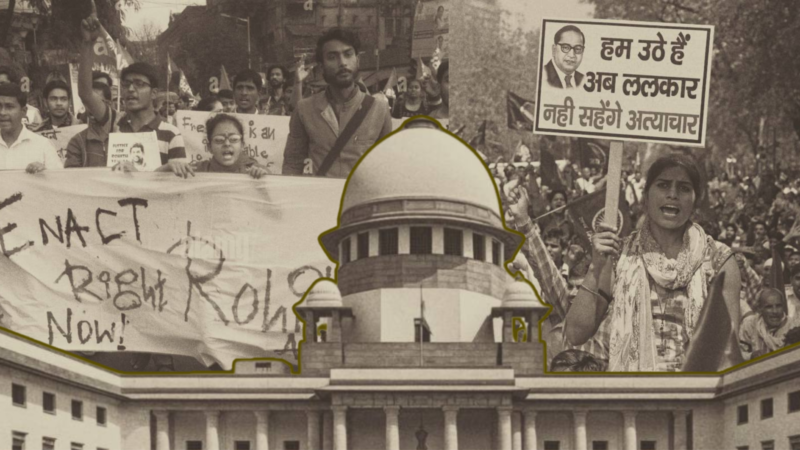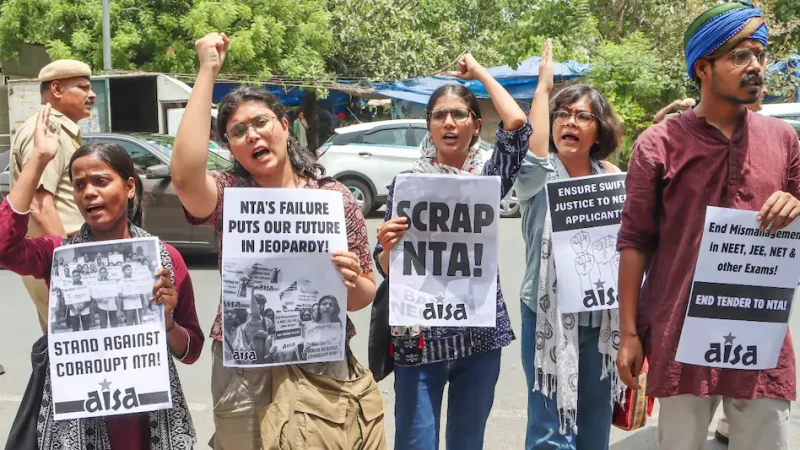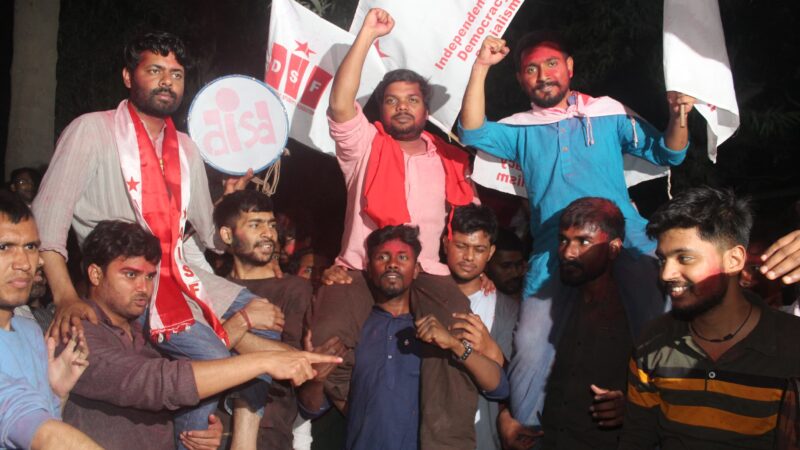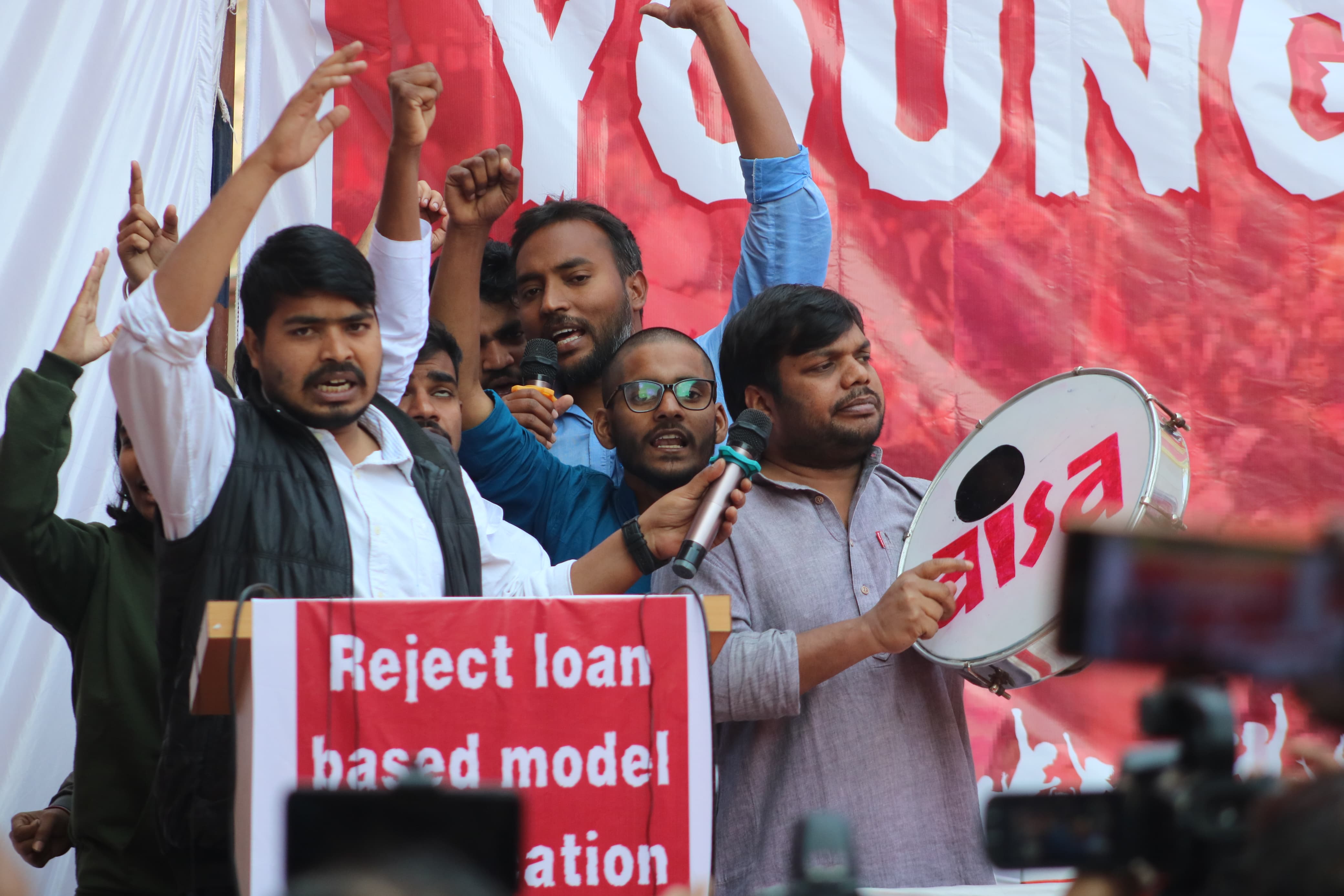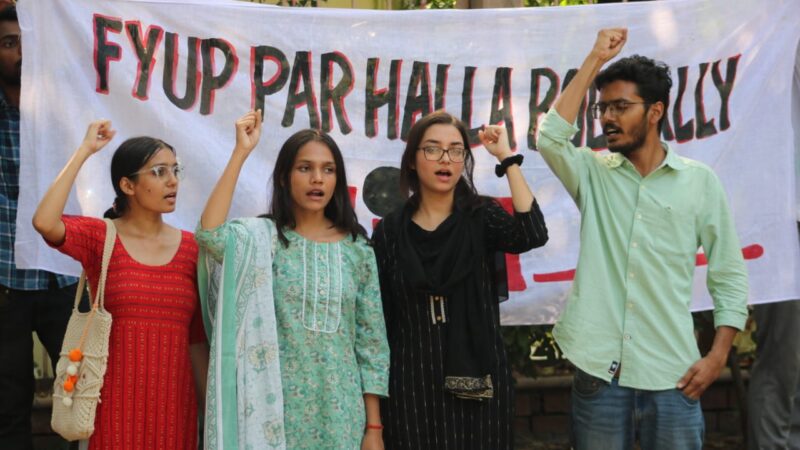Rise up against Modi Raj’s Persecution of Journalists, Filmmakers and Fact – Checkers!
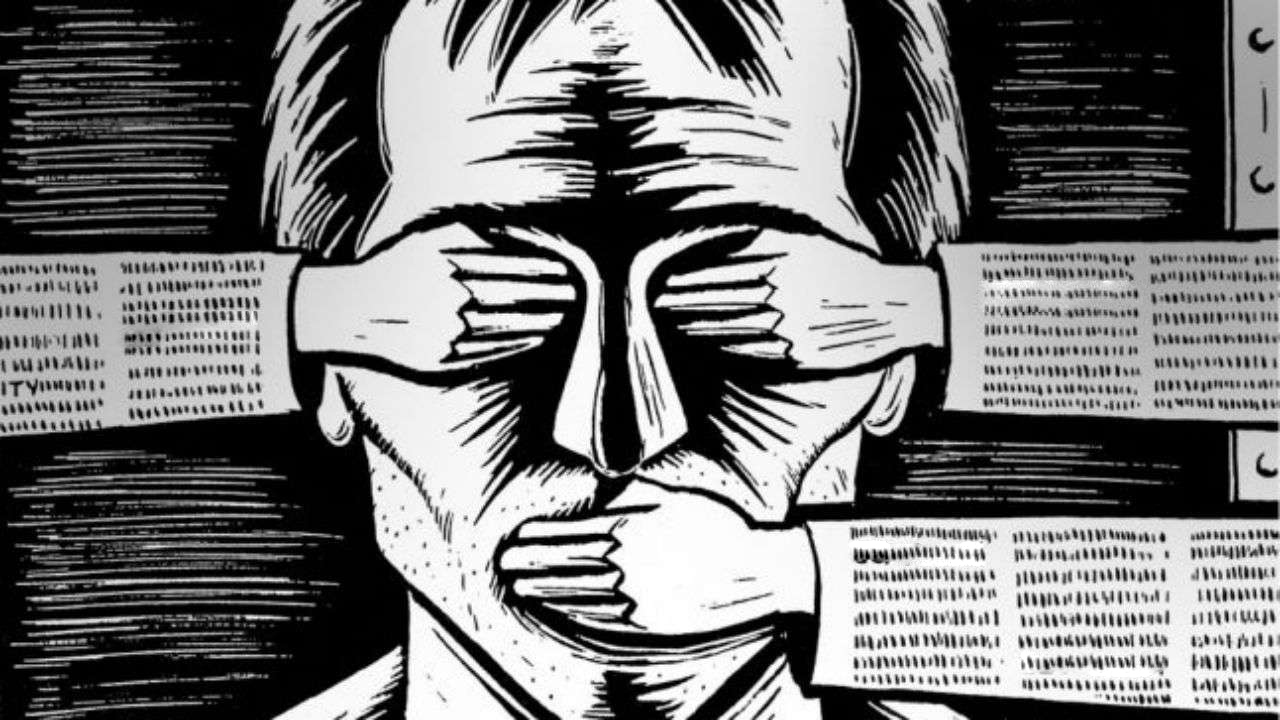
It is ironic that even as Narendra PM Modi signed the G7 pledge to protect “freedom of expression, opinion online and offline”, and the PM condemned Emergency-era censorship, Mohammed Zubair was arrested on the pretext of a 2018 tweet, and the GOI instructed Twitter to withhold tweets critical of the Indian government’s record on declining internet freedom in India! It has issued similar instructions for tweets by the journalists Rana Ayyub and Mohammed Zubair, and has also instructed the suspension of the entire handles of Kisan Ekta Morcha and @Tractor2twitr, both of which contributed immensely to informing the public about the nature and scale of the farmers’ protests last year.
On 27th June, Mohammed Zubair, the co-founder of the fact-checking website AltNews, was arrested by Delhi Police’s IFSO. The pretext for his arrest was a 2018 tweet of an image from the 1983 movie Kisi Se Na Kehna. Zubair has been on the crosshairs of the state establishment for his tireless efforts to expose disinformation campaigns and hate speech. Most recently he had highlighted sections of an interview by BJP spokesperson Nupur Sharma, where she indulged in hate speech against the Prophet Mohammed and by insinuation denigrated and dehumanized the entire Muslim community. The resulting international furore forced the BJP to distance itself from Sharma. Zubair’s arrest was obviously the Modi regime’s revenge for the international embarrassment suffered by it. Ironically, while Sharma evaded arrest with total impunity, the Delhi Police arrested Zubair on a flimsy pretext. Subsequent cases against him in Delhi and UP meant that he remained in police custody for 23 days, while being denied bail in courts, until finally the Supreme Court granted him bail.
In Jharkhand, independent journalist Rupesh Kumar, known for his stories on the rights of adivasis, and for being one of the targets of Pegasus surveillance, was arrested in a UAPA case.
The Gujarat crime branch arrested filmmaker Avinash Das for tweeting a picture of a corrupt IAS officer seen with Amit Shah. He got bail – but the saga of such arrests continues.
Freelance journalist Ravi Nair, who has extensively written about the BJP’s business dealings, such as the Rafale deal and deals of the Adani Group, has been served an arrest warrant by the Delhi Police in connection with a criminal defamation suit filed against him by the conglomerate in Gandhinagar, Gujarat. Shockingly, he was neither served a summons nor provided a copy of the complaint.
The Modi regime, as with all authoritarian regimes, uses the arrest of journalists as a tool to stifle any possible critical scrutiny. In fact the Prime Minister has on multiple occasions suggested that journalists’ job is to propagate the “good works” of the government (like court poets of yore) rather than print “negative” critical stories. In fact the most influential media houses in India actually do serve as propagandists rather than journalists whose job in any democracy is to scrutinise Government and hold it accountable. We remember how journalists Samriddhi K. Sakunia and Swarna Jha were arrested last year for exposing lies by the Tripura police regarding the riots and violence against Muslims unleashed in the state. The Committee to Protect Journalists has pointed out that 24 journalists were killed in the year 2021 for their work, while several are behind bars including Siddique Kappan, Manan Gulzar Dar, Aasif Sultan, Rajeev Sharma, and Tanveer Warsi. The World Press Freedom Index published by Reporters Without Borders (RSF) has seen India slide further and further downwards in terms of press freedom with the current ranking of 150 out of 180 countries.
